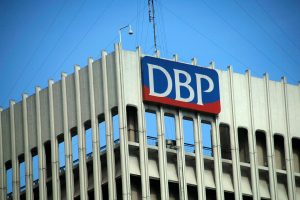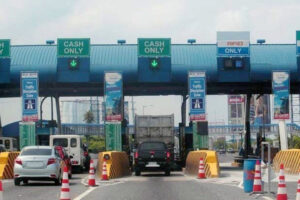House body OKs DBP capital hike

By Kenneth Christiane L. Basilio, Reporter
A HOUSE of Representatives committee on Monday approved a substitute bill that seeks to increase Development Bank of the Philippines’ (DBP) capital stock to P300 billion from P35 billion under a new charter.
The state-owned lender is seeking to update its 38-year-old charter to better fulfill its mandate of funding infrastructure projects and loans for small businesses.
“We have to increase the capital so we can increase our lending [capacity],” DBP President and Chief Executive Officer Michael O. de Jesus told BusinessWorld in an interview after the House banks committee approved the measure.
The bill gives DBP an authorized capital stock of P300 billion, with the National Government being mandated to own 70% of the bank’s capital stock at all times, according to a copy of the bill obtained by BusinessWorld.
The bill also prescribes that 10.67% or P32 billion of the stock be subscribed to and paid from the state’s coffers.
“The bigger the bank… the more we can continue lending,” Mr. De Jesus said. “The more we build our capital, the more we have [the power] to fulfill our mandate, which is to finance industry.”
It also allows DBP to issue public stocks through an initial public offering, according to Mr. De Jesus. “Right now, the bank is 100% owned by the National Government… But the bank can sell up to 30% to the public or to other government corporations sometime in the future.”
Mr. De Jesus said the bank would likely list “within five to seven years,” he said, citing the need to first increase the valuation of the bank.
The House bill also expands DBP’s mandate to include funding for government programs that seek to spur economic growth and increase productivity, a shift from its 1986 Charter, which focused on providing services to agricultural and industrial enterprises.
“The bank shall support the programs of the government… such as the development of both digital and physical infrastructure, expansion of business, especially micro, small and medium enterprises, and high-impact programs in education, healthcare, housing, other social services and those that support the protection of the government,” according to a copy of the bill.



